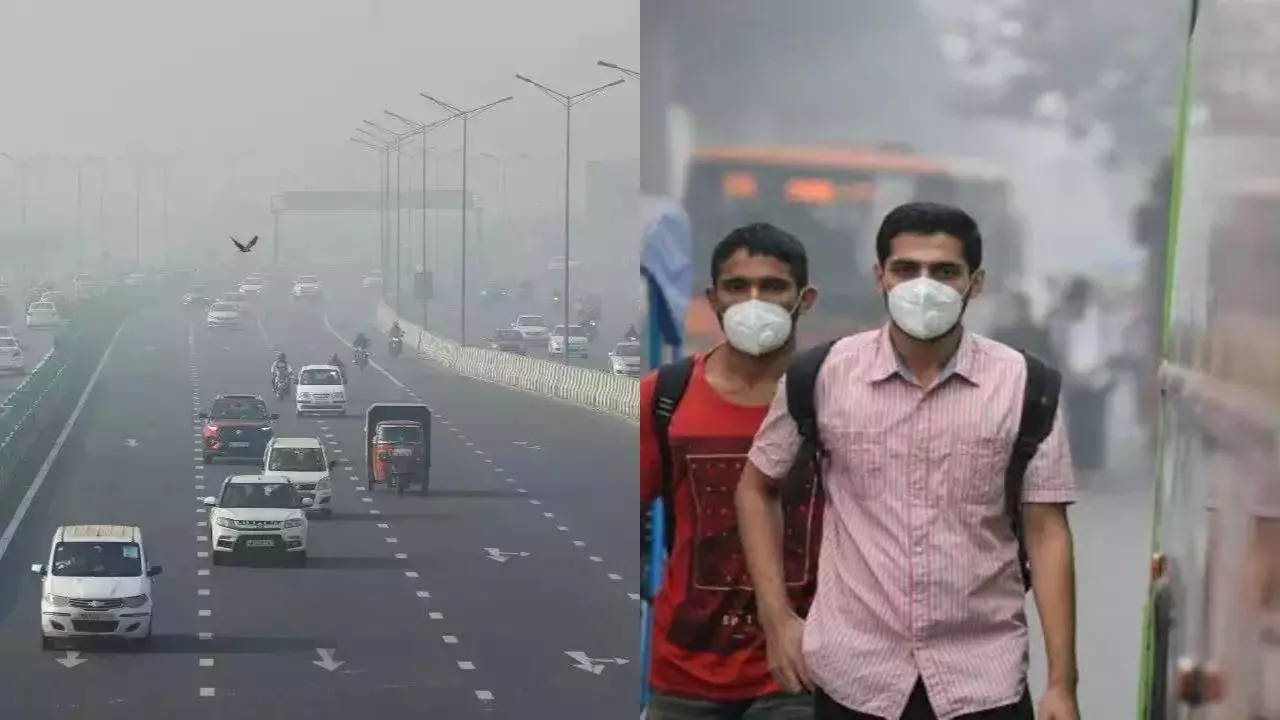
The Impact of PM2.5 Pollution on Daily Deaths in Indian Cities
In a recent study published in The Lancet Planetary Health journal, researchers found a concerning link between PM2.5 air pollution levels and daily deaths in major Indian cities. The study examined data from cities like Delhi, Bengaluru, and Mumbai, revealing that 7.2% of daily deaths in these cities were attributed to PM2.5 levels exceeding the World Health Organization’s safe exposure guidelines.
Delhi, in particular, stood out as having the highest fraction of daily and yearly deaths related to PM2.5 pollution, which mainly stems from vehicular and industrial emissions. Researchers from Banaras Hindu University and the Centre for Chronic Disease Control in New Delhi highlighted the detrimental effects of daily exposure to PM2.5 pollution, emphasizing the higher risk of mortality associated with it.
The study observed that a 10 micrograms per cubic meter increase in PM2.5 pollution over two days was linked to a 1.4% higher daily mortality rate. When focusing on observations below Indian air quality standards, the risk of death doubled to 2.7% per increase in PM2.5 levels.
City-specific findings revealed varying impacts, with Delhi experiencing a 0.31% rise in daily mortality per 10 micrograms per cubic meter increase in PM2.5, while Bengaluru saw a 3.06% rise. Notably, the study indicated stronger links between daily exposure to PM2.5 pollution and locally generated pollutants in cities with lower pollution concentrations.
This comprehensive analysis underscores the urgent need for stricter air quality regulations and effective pollution control measures in Indian cities to mitigate the adverse health effects of PM2.5 pollution. Addressing this issue is crucial for improving public health and ensuring a sustainable future for urban populations in India.








